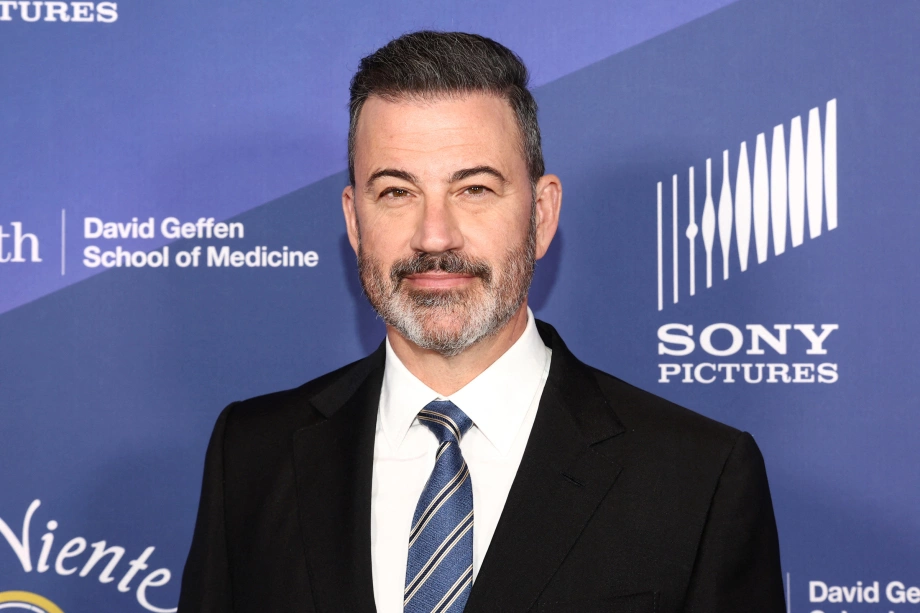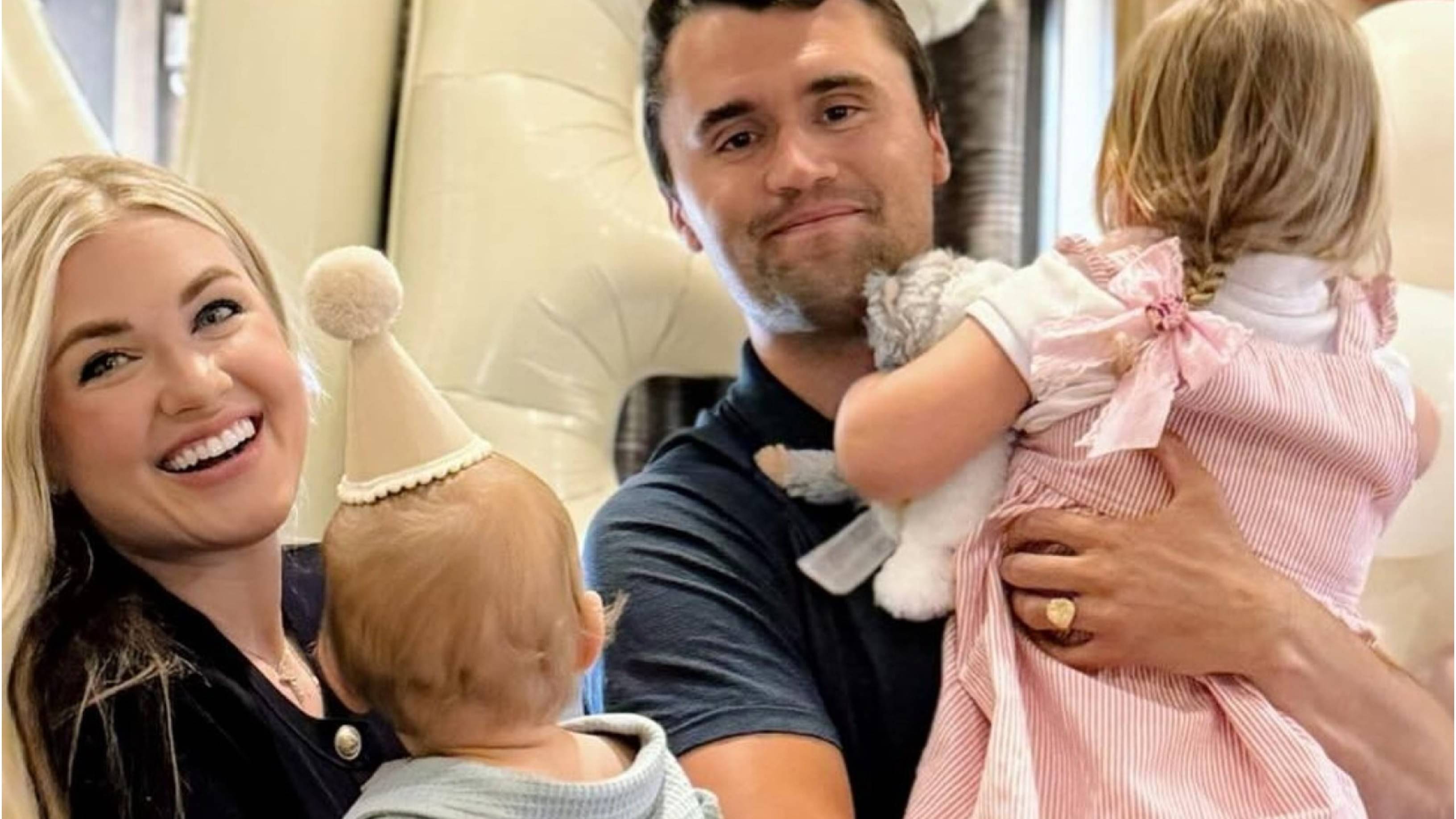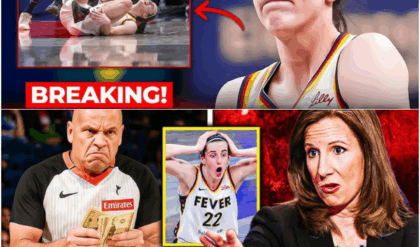Jimmy Kimmel Blocked From Airing Unless He Apologizes and Pays Charlie Kirk’s Family
A Comeback Interrupted
When Disney announced that Jimmy Kimmel Live! would return on September 23, the news was greeted with sighs of relief across Hollywood. After a week in the penalty box following his controversial remarks about Charlie Kirk, it looked as if one of late night’s longest-running hosts was about to reclaim his stage.
But less than 24 hours before the comeback, a broadcasting behemoth rewrote the script.
Sinclair Broadcasting — the nation’s largest operator of ABC affiliates — declared that Kimmel’s show would not air on any of its stations unless he issued a public apology to the Kirk family and made what they termed a “meaningful personal donation” to both the family and Kirk’s nonprofit, Turning Point USA.
The ultimatum stunned viewers, rattled Disney executives, and ignited a national debate over comedy, censorship, and the sheer power of corporate gatekeepers.
The Tragedy Behind the Firestorm
The controversy traces back to September 10, when conservative activist Charlie Kirk was assassinated while speaking at Utah Valley University. At 31, Kirk had become one of the most recognizable figures in youth conservatism, a strategist whose influence extended from campus politics to national campaigns.

His death was sudden, violent, and shocking — and for supporters, it was devastating.
Only days later, Jimmy Kimmel delivered a monologue that included jokes referencing Kirk. What was intended as satire landed like a gut punch. For critics, it wasn’t comedy — it was cruelty. Hashtags like #CancelKimmel and #JusticeForKirk trended within hours, with outrage pouring in from conservative circles, grieving supporters, and ordinary viewers who felt the timing was grotesquely insensitive.
Disney Pulls the Plug
By September 17, Disney stepped in. ABC pulled Jimmy Kimmel Live! from its schedule, citing the need for an internal review. Reruns filled the slot as executives calculated the damage.
The stakes were enormous. Kimmel isn’t just a late-night host; he’s a franchise. After more than 20 years, his show anchors ABC’s late-night lineup, generates steady ad revenue, and carries a loyal audience. But keeping him on the air risked alienating advertisers and viewers outraged by his monologue. Canceling him outright risked alienating another half of the country.
By September 22, a compromise seemed in sight. Disney announced that the show would return the next evening, hinting that Kimmel might address the controversy. What form that would take remained unclear.
Sinclair’s Bombshell
Just as fans were ready to tune back in, Sinclair dropped its bombshell.
“We will not permit Jimmy Kimmel Live! to air on our stations until Mr. Kimmel issues a sincere, public apology to the Kirk family and makes a meaningful personal donation to them and to Turning Point USA,” the company declared.
With one statement, Sinclair effectively kneecapped Disney’s plan. Owning or operating nearly 200 local stations — many of them ABC affiliates — Sinclair could deny Kimmel access to millions of households. Disney might control the show, but Sinclair controlled the airwaves.
The move was unprecedented: a broadcasting conglomerate demanding not just an apology, but a direct financial contribution to a political nonprofit as a condition of airing content.

Accountability or Censorship?
The ultimatum triggered an immediate culture-war clash.
Supporters of Sinclair argued this was overdue accountability. “Kimmel mocked a man who had just been murdered,” one commentator wrote. “Sinclair is standing up for decency.”
Critics, however, saw censorship — and worse. By tying Kimmel’s return to a donation, Sinclair blurred the line between enforcing taste standards and imposing political conditions.
Dr. Maria Stevens, a media ethics professor at NYU, called the demand “deeply troubling.”
“If broadcasters can require payments or apologies as preconditions to air content, they wield terrifying power over free speech. This isn’t just editorial discretion. It’s coercion.”
The Kirk Family Responds
Kirk’s family issued a brief statement thanking Sinclair for “standing up for decency” and condemning Kimmel’s remarks as “heartless during a time of grief.”
Turning Point USA went further, framing the standoff as a moral reckoning:
“Jimmy Kimmel dishonored the memory of a man who dedicated his life to empowering young Americans. Sinclair’s leadership proves that respect still matters.”
Disney’s Impossible Dilemma
Caught in the middle, Disney now faces a lose-lose decision.
If Kimmel apologizes and donates, the show returns to air — but critics will say he bowed to political bullying, and his credibility with liberal fans could suffer.
If Disney refuses, millions of viewers lose access, advertisers flee, and the show’s ratings crater.
If Disney tries a compromise — a corporate donation, or a carefully worded “regret” statement — it risks pleasing no one.
Some insiders whisper that Disney may sidestep the battle entirely by pushing Jimmy Kimmel Live! exclusively to streaming platforms like Hulu or Disney+. But that would mean sacrificing the reach of traditional broadcast, a death blow to the late-night format.
The Larger Culture War
The Kimmel standoff sits at the intersection of comedy, tragedy, and America’s political fracture.

Comedians have long walked the tightrope of satire — Dave Chappelle, Kevin Hart, Roseanne Barr — but never before has a broadcaster demanded a donation as penance.
To conservatives, Sinclair’s demand is justice. To liberals, it is extortion cloaked in morality.
As one columnist put it: “This isn’t about accountability. This is about using grief as a weapon to control who gets to speak.”
The Stakes for the NFL of Late Night
For Kimmel, the implications are existential. His career has survived past controversies, but this time is different. He’s not just facing public outrage — he’s facing structural censorship from one of America’s most powerful broadcasters.
For Sinclair, the stakes are equally high. By flexing its muscle here, the company sets a precedent: networks may control the content, but local affiliates control access. The balance of power in television could shift overnight.
And for Disney? The corporation is staring down the barrel of a new reality: that even billion-dollar studios can be humbled by local station groups.
Possible Outcomes
-
Kimmel Capitulates
He apologizes and pays. The show returns, but his brand takes a hit among fans who see him as caving.
Disney Refuses
Kimmel stays dark in many markets. Ratings tank. Streaming becomes the only option.
A Face-Saving Compromise
Disney issues a corporate statement of regret or a donation in Kimmel’s name. Sinclair quietly backs off.
A Paradigm Shift
Disney leans fully into streaming, abandoning traditional affiliates. The late-night landscape is permanently altered.
Bigger Questions

At its core, this controversy forces the country to ask:
Who decides what’s “acceptable” on TV — networks, affiliates, or audiences?
Should comedians be punished for bad timing, even when tragedy strikes?
And what happens when grief becomes a bargaining chip in the culture war?
A Joke That Cost Too Much
As of now, Jimmy Kimmel Live! remains in limbo. Approved by Disney, blocked by Sinclair, and suspended between outrage and apology, the show has become more than late-night entertainment. It’s a test case for free speech, corporate power, and the fragile balance between comedy and cruelty.
Whether Kimmel swallows his pride, whether Sinclair relents, or whether Disney finds a new distribution path, one truth is undeniable: the fallout from one ill-timed joke now threatens to reshape the very rules of American broadcasting.
Until then, reruns fill the slot where Kimmel once stood — and millions of viewers are left asking: is a joke really worth this much power?





